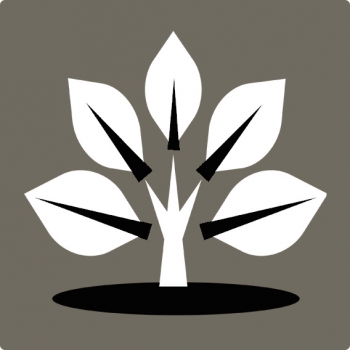

 Paraguay: Strengthening the ability to define and apply water and sanitation policies
Paraguay: Strengthening the ability to define and apply water and sanitation policies
Paraguay struggles with considerable water and sanitation challenges. Only half of the poorest households have drinkable water, and only 10% of all sewage is treated. Paraguay's indigenous communities are particularly badly off: only 6% of households have drinking water, and only 3% have access to sanitation. The Joint Programme was aimed at increasing access to sanitation and potable water, with an emphasis on dispersed rural communities and indigenous populations.
The programme's goals were to:
- Strengthen capabilities for efficiently managing water and sanitation services;
- Bolster the ability of citizens to exercise their rights and actively participate in planning and overseeing the actions of the public sector;
- Develop models for financing water and sanitation infrastructure through local financial instruments that aim for sustainability of the systems; and
- Improve access to, and the quality of, water and sanitation services in rural areas and indigenous communities in the interior of the country.
Main achievements included:
- The situation of children and women was improved by initiatives which increased access to water and thus reduced the risk of accidents, reduced the need to travel to get water, reduced forced labor and increased the time available for study and leisure. The incidence of skin diseases and diarrhea was also reduced.
- Reduction in the cost of access to water, thus improving families' economic situation.
- The creation of networks to enhance coordination and public-private dialogue.
- Building the capacity of the central government and communities to implement models of participatory management of water and sanitation services.
- Training of community members in the management and maintenance of water supply systems and in the use of Sanitation Board manuals.
Click for more detailed results from the Joint Programmes in Paraguay (in Spanish).
The Joint Programme in action
JOINT PROGRAMME QUICK FACTS
Programme Dates 11 Feb 2009 - 31 Mar 2013
Net funded amount $3,642,000
Participating UN agencies ILO, PAHO / WHO, UNDP, UNICEF
National partners Secretaría Técnica de Planificación (STP), Ministerio de Obras Públicas y Comunicaciones (MOPC), Ministerio de Salud Pública y Bienestar Social (MSPBS), Ente Regulador de Servicios Sanitarios (ERSSAN), Secretaría del Ambiente (SEAM), Ministerio del Interior, Gobernación de Boquerón, Gobernación de Caazapá




